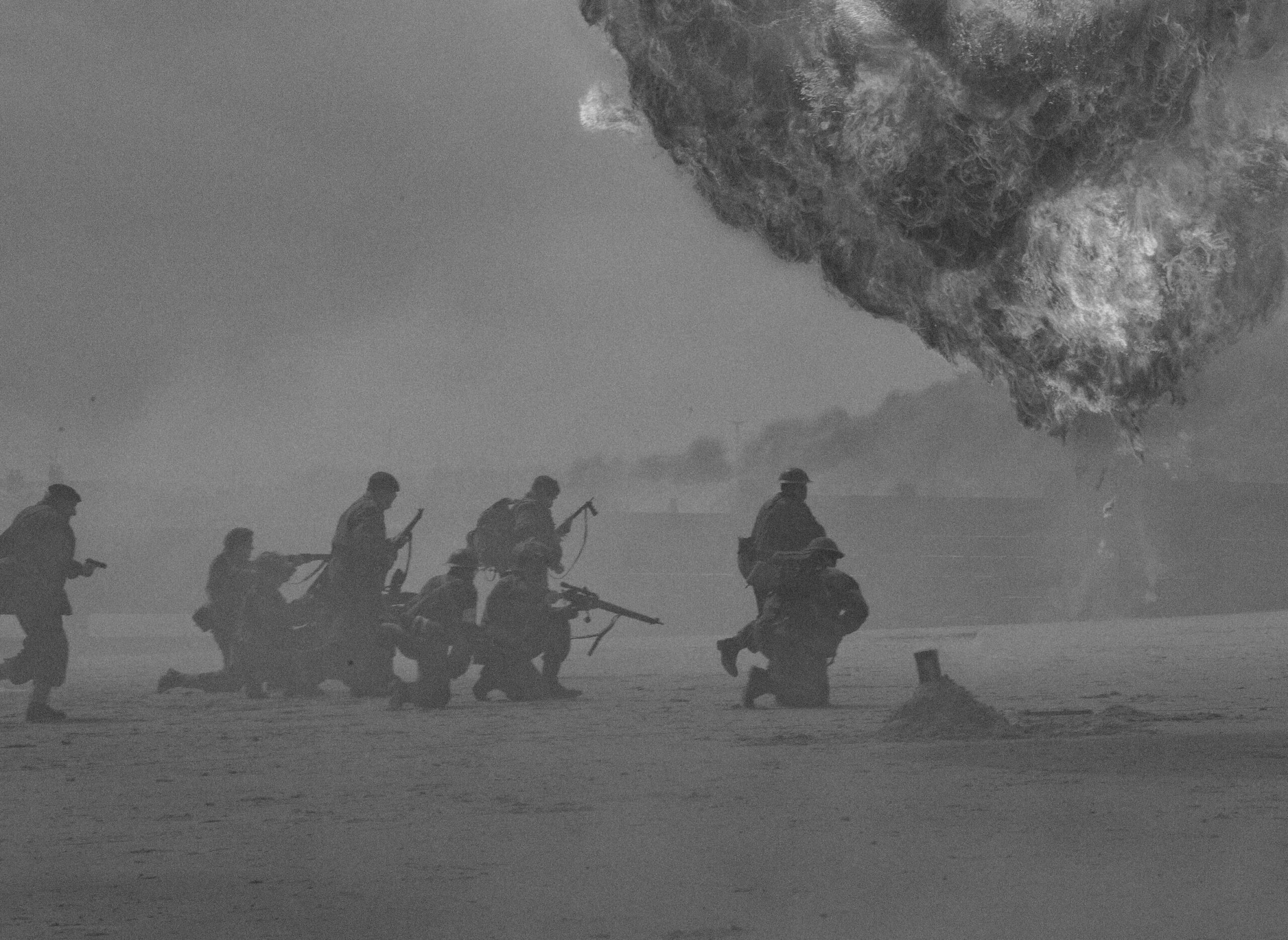Douglas Todd’s review of the Italian apology issue in the Vancouver Sun mentions riding candidate nominations as the context of the debate. This is an interesting example of how demography and politics interact.
We prefer to view the fight for an apology over Italian Canadians’ Second World War treatment from a different angle, more as a fight for political space for the community than a campaign for redress, a vindication of the Italian identity in the context of the current election. The Italian community, like other established ones, is fighting a battle for language conservation and “Italianness” among the younger generation, and this would serve as a banner beyond the individual feelings of the “Old Guard.”
Reading the Italian Canadian media today, we can see that the apology issue is triggered by the struggle for more Italian Canadian representation and political profile, as well as Toronto-Montreal rivalry. This representation issue was clear above all in the Saint-Léonard-Saint-Michel nomination process, which shocked the community by not delivering an Italian candidate for the first time in 35 years in a 65% Liberal riding that has a solid 23% of residents that claim Italian ancestry, has Italian as the third most spoken language at home and Italy as the most prevalent country of origin.
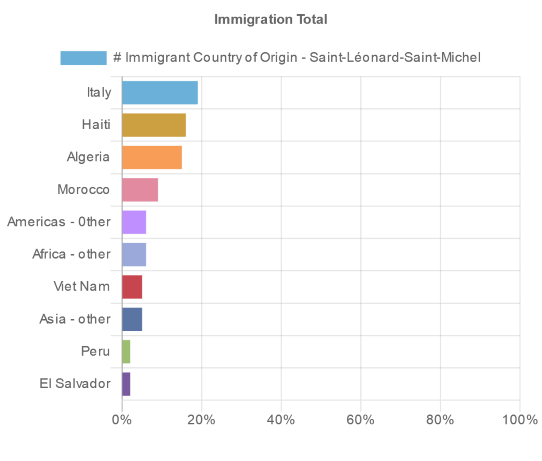
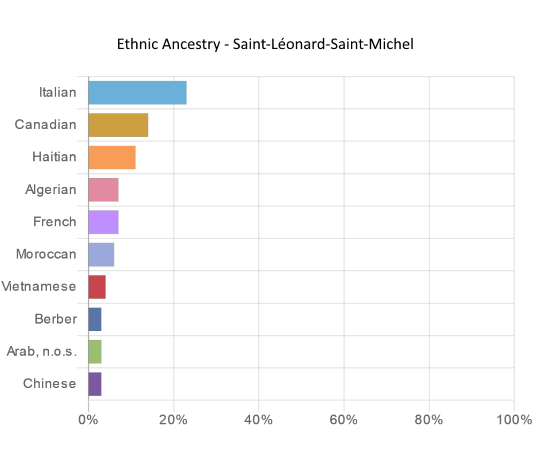
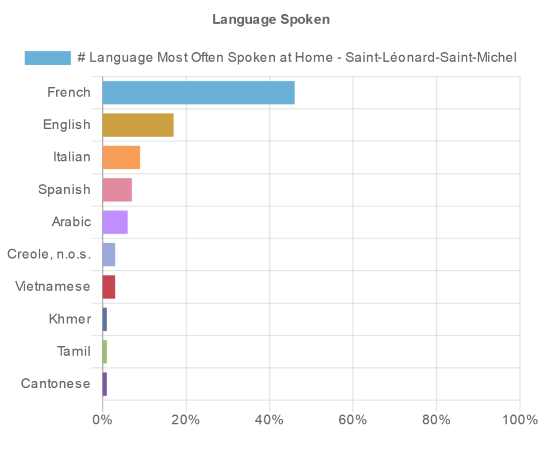
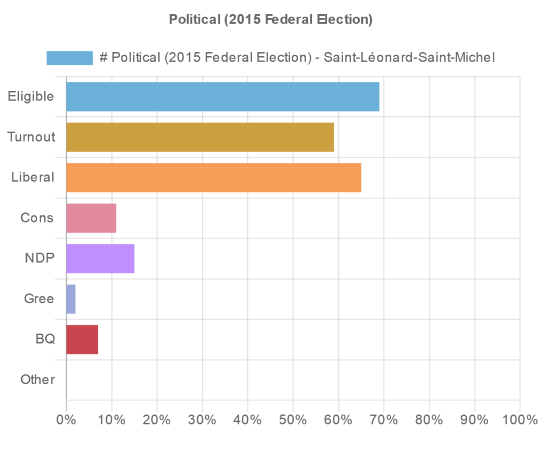
*For further demographic charts on the Saint-Léonard-Saint-Michel riding, please visit http://diversityvotes.ca
To top it off, a whopping 47% of the recent immigration to the riding comes from Arab speaking countries, so if you do the math, it is pretty clear that the rallying call is more about survival of the hereto dominant Italian minority which is faced with a new Middle Eastern demographic in their territory.
“The winning candidate, Hassan Guillet also had Italian support, although personally he represents a fast-growing emergying Middle Easten visible minority”.
Clearly, these internal conflicts in one party are opportunities for the other, so we see Conservative Leader Andrew Scheer visiting Saint-Léonard-Saint-Michel to point out that it was a Conservative government under Brian Mulroney that first issued an apology.
This struggle between older and more recent immigrant groups is also represented by the Chinese outrage at the Syrian refugees becoming new citizens and is certainly one of the underlying triggers of Islamophobia.
The Italian community, like others, uses apology and redress issues to establish their political and cultural identity in Canada. It is a way of creating a space for themselves by using self-affirmation of their identity, and being a victim is a popular common cause and gets attention, above all in Canada with its concern about fairness and balance, and even more in the current polarized political discourse that demonizes diverse identities.
As with the Chinese redress, Komagata Maru and other similar issues, the community has a range of positions on whether there should be an apology, redress, restitution or recognition – some opinions favour financial compensation, others want monuments, some both.
The Italians are particularly aggressive in this sense because they have a history of political participation and leadership and a need to defend that space against other ethnic lobbies. The Italians seem to be negotiating – or playing footsie – with their political support as a community based on these vindications rather than on common themes such as jobs or the environment.
The whole point of diversityvotes.ca is to shed light on electoral themes that will help both voters and candidates understand some of the undercurrents of opinion. This is a local riding issue in Montreal, with some impact in others where there is an Italian constituency, such as Vaughan.
One thing I have learned in 30 years of studying ethnic media and opinions is that there are always at least two sides to every story, and over-simplification of the issues is not a good thing.
—With files from diversityvotes.ca
Sources:
Il Cittadino Canadese (Weekly) – Montreal, 19/06/2019 – COLUMN, Italian
Il Cittadino Canadese (Weekly) – Montreal, 19/06/2019 – COMMENTARY, Italian
Il Cittadino Canadese (Weekly) – Montreal, 19/06/2019 – COLUMN, Italian
Il Cittadino Canadese (Weekly) – Montreal, 19/06/2019 – EDITORIAL, Italian
Lo Specchio (Weekly) – Toronto, 21/06/2019 – COMMENTARY, Italian
Il Cittadino Canadese (Weekly) – Montreal, 26/06/2019 – NEWS, Italian
Corriere Canadese (Daily) – Toronto, 27/06/2019 – ARTICLE, Italian
Corriere Canadese (Daily) – Toronto, 02/07/2019 – ARTICLE, Italian
Il Cittadino Canadese (Weekly) – Montreal, 14/08/2019 – FEATURE, Italian

Andrés Machalski
Andrés Machalski is President and Chairman of the Board MIREMS Ltd. He was born in Buenos Aires, Argentina, of Anglo-Polish parents, and came to Canada as a refugee in the late 1970s. He is a UofT graduate in Linguistics and Fine Arts.

